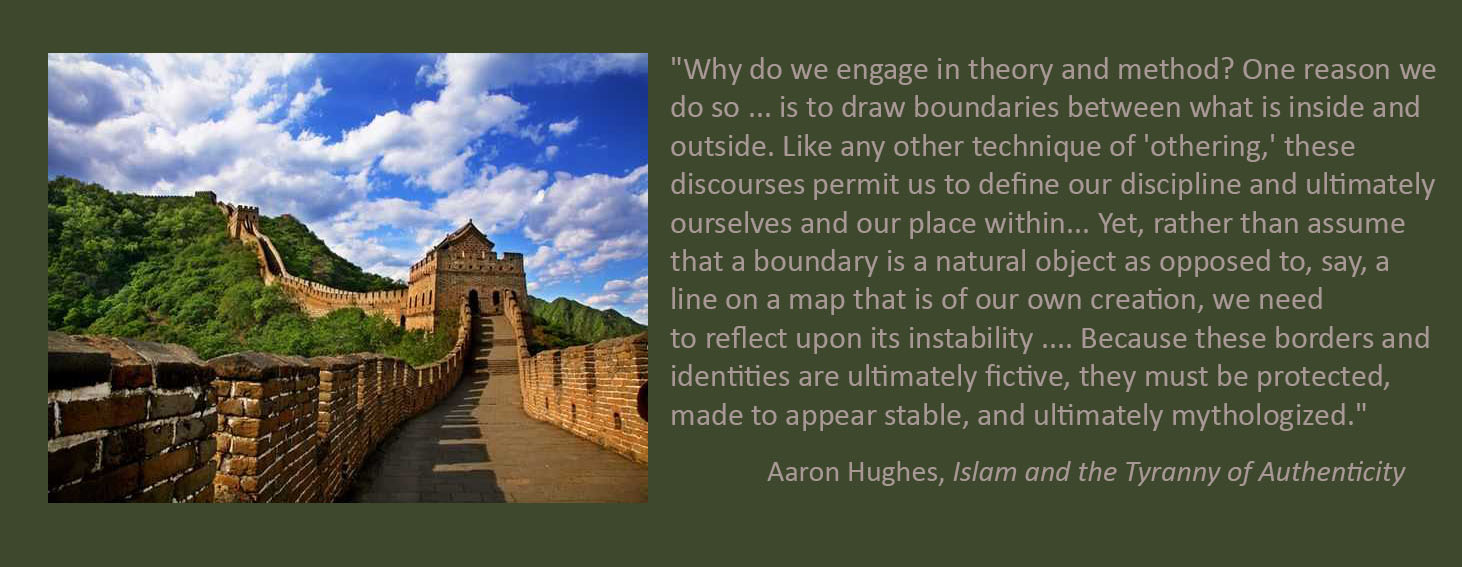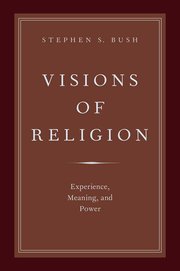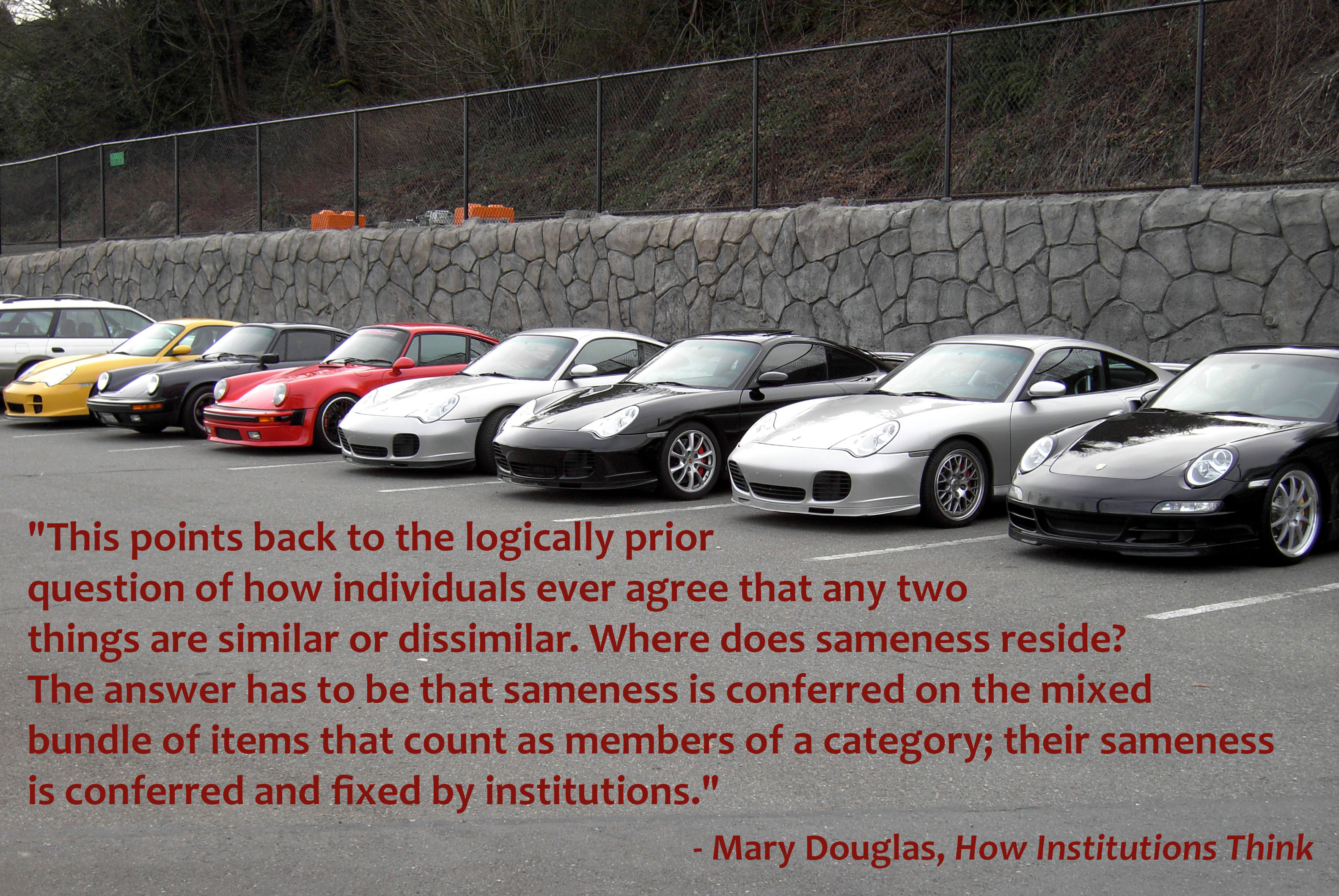This semester I’m teaching a course on Religion & Gender, and one of the books I use is Julie Ingersoll’s Evangelical Christian Women. Ingersoll wrote the book in part as a response to the scholars who have argued that some evangelical Christian women claim to feel “empowered” by complementarianism and the separate spheres discourse (i.e., the discourse that separates out public from private life and relegates men to the former and women to the latter). Ingersoll allows that that might be true for some women in evangelical communities, but that other evangelical women report finding evangelical gender ideology oppressive and discriminatory — and she supports the claim with ample evidence gathered through interviews with evangelical women.
One of the claims of the book is that the contestation of gender is central to evangelicalism, or what we might call the evangelical habitus. That’s why, according to Ingersoll, that debates over whether women can be ministers, leaders, or teachers, as well as the debate over gay rights, generate so much heat within the evangelical subculture. Continue reading ““The Power of Subtle Arrangements and Little Things””



 Earlier this week Stephen S. Bush
Earlier this week Stephen S. Bush 


